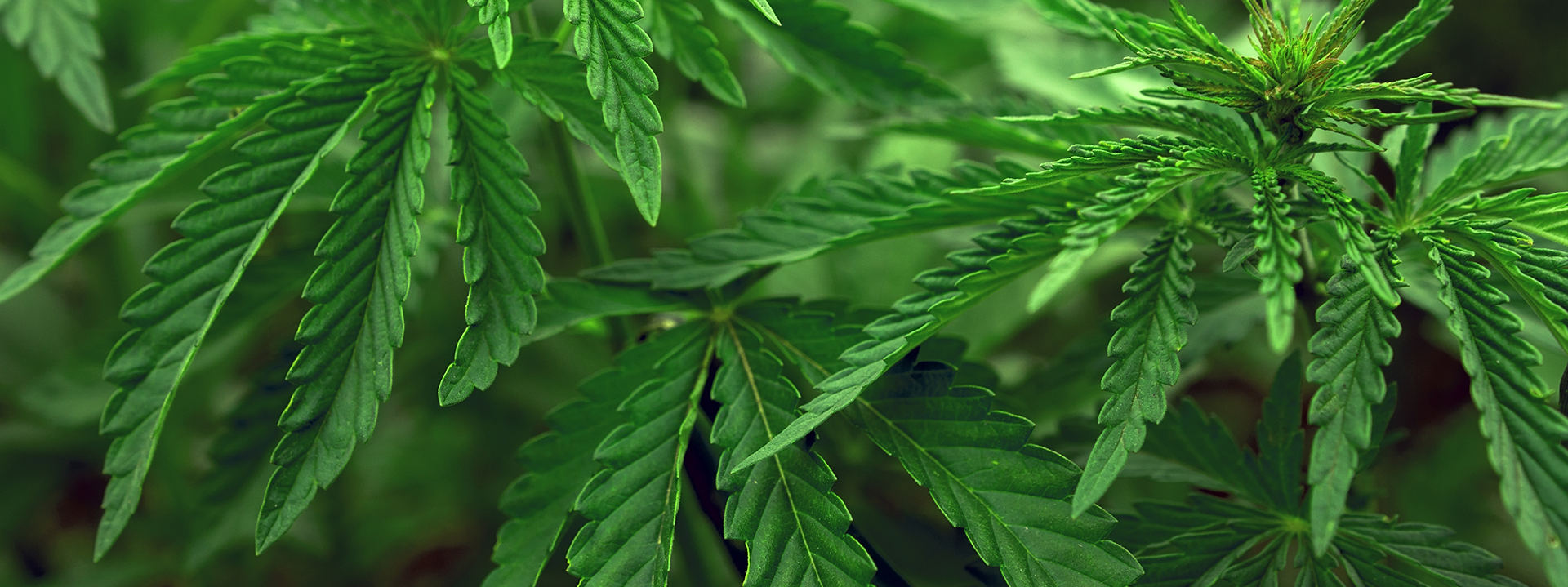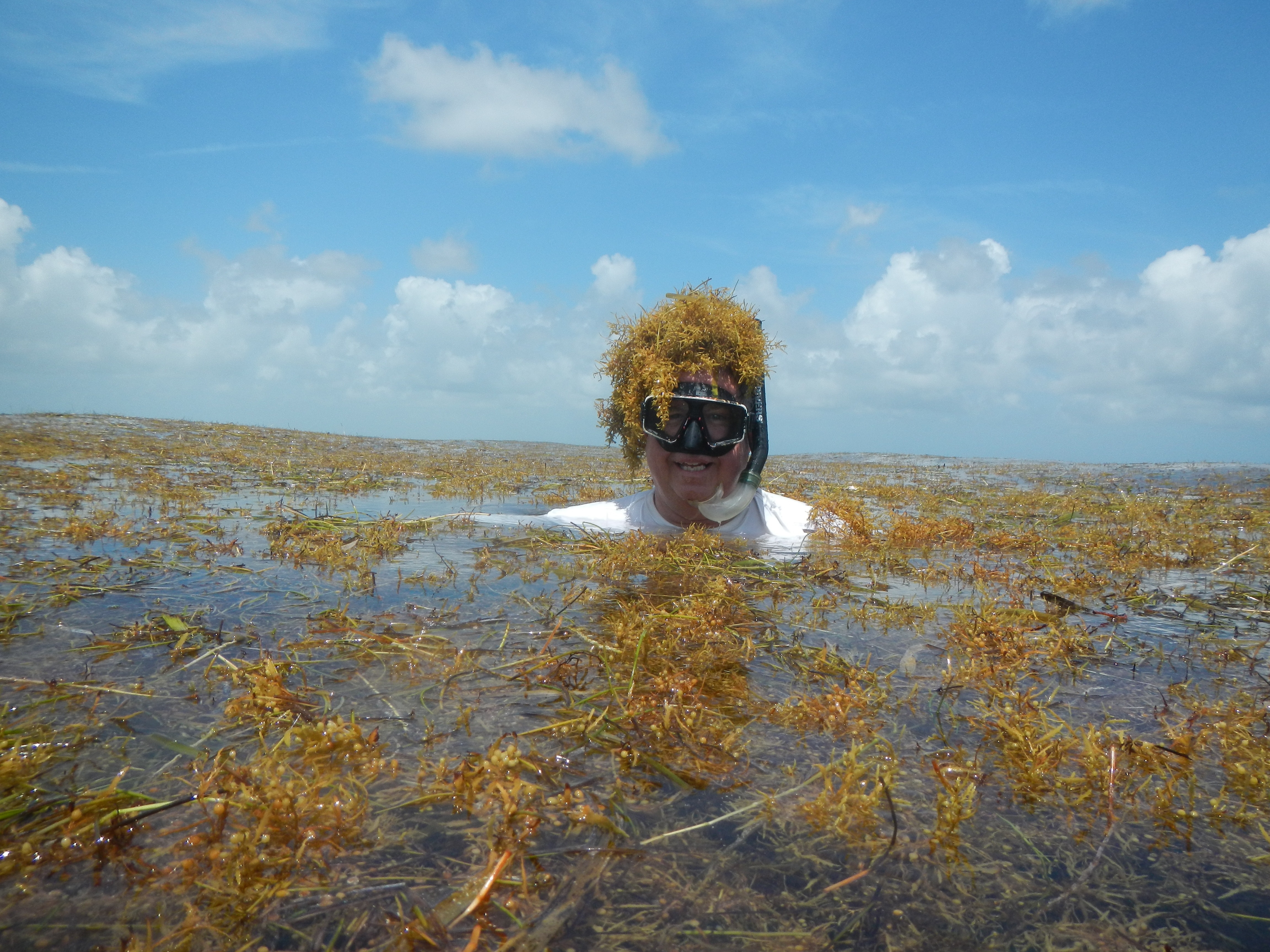The Pfizer and BioNTech COVID-19 vaccine may soon be available for children ages 5 to 11, pending authorization from the Biden administration.
In a statement, Pfizer said “hundreds of millions” of people ages 12 and older have already received the two-dose shot, helping to arm the community against the spread of the virus. Pfizer added that rising pediatric cases of COVID-19 make the need for vaccinating children even greater.
“Since July, pediatric cases of COVID-19 have risen by about 240 percent in the U.S. – underscoring the public health need for vaccination,” Pfizer said. “These trial results provide a strong foundation for seeking authorization of our vaccine for children 5 to 11 years old."
With possible authorization of the vaccine on the horizon, parents of school-aged children are wrangling with an important question: “Should I get my child vaccinated?”
Get South Florida local news, weather forecasts and entertainment stories to your inbox. Sign up for NBC South Florida newsletters.
Moms With A Mic spoke with Dr. Marcos Mestre, chief medical officer at Nicklaus Children’s Hospital, to answer parents’ questions about the vaccine, side effects, COVID-19 and more.
Editor's Note: Interview has been edited for clarity.
How does Pfizer and BioNTech’s vaccine for kids differ from the current vaccine?
Local
The Pfizer and BioNTech vaccine for kids ages 5 to 11 is a much lower dose than what is currently available, Dr. Mestre said.
“It's 10 micrograms as opposed to 30 micrograms, which is what the current vaccine has been used for those 12 and over,” he said. “As of right now, at least per Pfizer, there are studies that look very promising in terms of an antibody response that we see in the children, and protection from infection for those children as well.”
Dr. Mestre noted that while some hospitals are seeing a rise in pediatric patients, most children recover from the illness.
"I do want to reassure parents, even if your child were to get a COVID-19 infection, the great majority of them do very well and do not require hospitalization," he said.
"Only about one percent of children require hospitalization if they're infected with COVID-19. However, when you take one percent of a very large number, it becomes fairly significant. So this progress [with vaccines] in terms of dealing with any future variants, I think, will be of great assistance in keeping our kids healthy."
When will the vaccine to be approved for emergency use for children?
October 26 is the target date for the U.S. Food and Drug Administration to analyze all of the data that Pfizer has collected throughout their trial, which involves about 2,500 children.
Approval for the vaccine could come as early as the last week of October.
What vaccine side effects in children will the FDA look at when considering emergency use authorization?
The FDA will be looking at both the safety and effectiveness of the vaccine when deciding whether to implement emergency use authorization.
Dr. Mestre said one thing doctors were concerned about, especially as it relates to adolescents who received the 30 microgram dose (which is three times higher than the dose administered in the study), was myocarditis, or inflammatory changes around the heart that has been seen in certain adolescents.
"Thankfully, the great majority of those cases have been very mild and there have been no deaths secondary to the myocarditis," Dr. Mestre said. "So the FDA will be looking at any side effects, such as myocarditis, and the effectiveness of the vaccine towards building an antibody response and preventing infection."
What are the side effects of the COVID-19 vaccine for kids ages 5 to 11?
Arm soreness, fever and fatigue are some possible side effects of the COVID-19 vaccine for kids ages 5 to 11.
Side effects can last anywhere from 24 to 48 hours.
Researchers did not see any cases of myocarditis again in Pfizer's study, Dr. Mestre said. However, doctors are still keeping a close eye on any potential developments.
Because the dose of the vaccine for kids ages 5 to 11 is so low, Dr. Mestre said the prevalence of side effects may also be decreased.
"It's going to be the best of both worlds. You're going to have the response that you need to protect them, but also the the the lesser of the side effects secondary to the lower dose."
What impact could the COVID vaccine for 5-11 year olds have when it comes to fighting COVID and stopping the spread overall?
First and foremost, the vaccine would ensure protection for children, Dr. Mestre said.
And while children generally fare well against COVID-19, a diagnosis does put a certain level of stress on parents, he said.
"Even though they do very well, it does put a strain on families in terms of having to keep a child out if they've been exposed, or if they get sick themselves."
Dr. Mestre noted that while health experts initially didn't think children could spread COVID-19 easily, the onset of the Delta variant has changed that.
"We now know that children can spread this infection easily. So we definitely hope one of the greater effects is preventing spread [of the virus]."
Getting children vaccinated is a personal decision, Dr. Mestre said, especially in terms of helping our kids feel comfortable being around older individuals, those who may be immunosuppressed, or other at-risk groups.
Of the children who are hospitalized for COVID-19, how many are obese or have preexisting conditions?
To break it down, Dr. Mestre said about 230 patients were admitted to Nicklaus Children's Hospital in July and August for COVID-19. Of those 230 patients, about half of them were in the adolescent age range, around age 12.
About 20 to 30 percent of the adolescents hospitalized for COVID-19 had some sort of underlying condition, namely obesity, Dr. Mestre said. Only one child that was hospitalized was vaccinated, and that child was immunosuppressed.
"Most of the other kids that were admitted were actually healthy kids and for whatever reason, developed some respiratory-type symptoms and required hospitalization," he said.
"The youngest child that we saw here was an eight-day old that was admitted to the hospital. The mother had contracted COVID right before delivery and hadn't been vaccinated and then passed it on to the child shortly after delivery. That child got fairly sick."
"Those with underlying risk factors are going to be tend to be sicker, but healthy children can be affected as well."
Is it safe to get the COVID-19 vaccine during pregnancy?
The American College of Obstetrics and Gynecology recommends that expectant moms get vaccinated, as well as women trying to get pregnant.
"I know there is a lot of misinformation out there that the Covid vaccine prevents or hurts your chances of becoming pregnant. That's not true. So even if you're considering getting pregnant, please get vaccinated, and for those mothers that are pregnant already ready, please get vaccinated if you haven't."
Additionally, Dr. Mestre said some studies indicate that there is passage of the antibodies onto the baby, to protect the baby somewhat of any COVID infections after birth.
"Same thing with breastfeeding mothers or mothers who have received the vaccine. Those antibodies can be passed on to the baby as well."
What is the outlook of COVID-19 in Florida factoring in the potential vaccination of elementary school children?
With hospitalizations and cases steadily declining in the state of Florida, Dr. Mestre is hopeful -- but thinks the community should still be cautious.
"As we learned with the Delta variant, we can't let our guard down," he said. "It's something that we want -- to get back to as normal as we can be. The only way to do that is by having high vaccination rates across all age groups and making sure we protect our community."
Dr. Mestre said flu season is another thing parents should keep their eyes open for.
"Last year, we didn't have much of the flu. But this year, with less restrictions and kids being back in school, I suspect that those individuals that have co-infections may be a little sicker."
Dr. Mestre said he recommends not just the COVID-19 vaccine, but also making sure the community gets their flu shot, "as they should every year."
Can children receive monoclonal antibodies?
Children who meet certain criteria can receive monoclonal antibodies for treating COVID-19 infection, although health experts caution they shouldn't be seen as a replacement or alternative to vaccination.
According to Dr. Mestre, kids have to be 12 years or older to receive monoclonal antibody treatment, and must weigh around 90 pounds or above. The treatment is recommended for those with certain risk factors, such a diabetes, obesity, or other underlying diseases.
The treatment is more commonly used in adults, but is approved under emergency use authorization for those children ages 12 and older who meet the criteria.
Dr. Mestre says the treatment, however, should not be considered a substitute for vaccination.
"It's not a replacement," he said. "I would say it's another tool in our toolkit to fight COVID. But we want to start with prevention first, and the only way to prevent things is by the use of the vaccine."
Click here to read more about monoclonal antibody treatment.
How should parents talk to their kids about the vaccine?
When it comes to talking to kids about the COVID-19 vaccine, Dr. Mestre has a simple piece of advice.
"I always explain to parents not to instill fear," he said.
"Something that we don't want to do either as physicians is instill fear, but to be respectful and understand that this virus is something that we have to deal with, but nothing to fear."
This piece was reported by Julia Bagg and Marissa Bagg as part of NBC 6's Moms With A Mic series. Article written by Selima Hussain. Videos produced and edited by Marissa Bagg, Julia Bagg, Selima Hussain and Monica Galarza.



